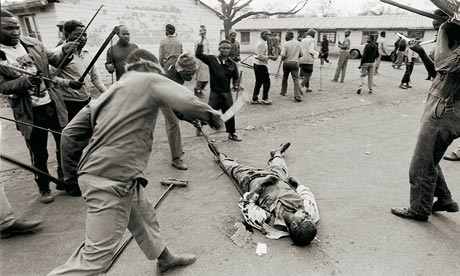The Young Minds Conference being held at Sydney Town Hall had a lucky guest for the opening session on the 17th of June - His Holiness, the Dalai Lama.
I was fortunate to be a part of the fantastic panel that flanked the Dalai Lama, including the moderator Simon Longstaff, and Professors Deborah Harcourt and Carla Rinaldi.
Check out the official conference's blog here...
What a session! The topic was huge, "How to grow a good person".
What a topic indeed...
***
Justice cannot be done to the morning by recounting a few simple words, but I will do my best!
An unexpected surprise was the Dalai Lama's candour and sense of humour (especially at his own expense - it's awesome to know I'm not the only one who laughs at my own jokes!). It is easy to forget in those simple moments that he is Nobel Laureate and the religious leader of his people.
What did he say?
He talked about the importance of family and the kindness of his mother, who 'never showed an angry face'.
He laughed about life as a young student who was only interested in playing, as all kids are.
He ruminated on the secular nature of ethics and morals...
He took us on a journey of a spiritual man who sees goodness as not being the sole property of those with religion, but of humanity.
This, he stressed.
'We should teach morals and ethics as a curriculum subject!'
His emphasis was profound.
To him, the values of love, kindness, compassion, forgiveness, respect and the like are not values that we should, as religious folk, be protective of but should share, as they are humanity's values.
Instead, they are secular morals that are based on biological factors that are about keeping humanity going. It was an interesting argument, and one that gives much food for thought.
***
A profound experience. I've had the blessing of speaking with His Holiness before, however this experience was a little different. Perhaps because I saw his obvious love for children; for their predilection to play, enjoy and be affectionate. We had a number of young people join us on the stage to ask questions; he would hold their hands, laugh with them, get them to sit on his lap...much like any elder gentlemen would treat his own grandchildren perhaps?
Let children be children, let them play and let them love, was his message.
However, don't let us forget that we can learn from children, from their abandonment, for their honest curiosity and humanity. Let us learn from them. Let us focus on secular morals and value them more in society.
Some among us have a wealth of wisdom to share.
The Dalai Lama is one of these men.
Regardless of differences in belief, it is important to reflect on the wisdom shared, relate it back to one's own beliefs and understand the univeral importance of humanity.
There is beauty - flawed and imperfect - but beauty nonetheless, in our collective humanity. For that reminder, I am grateful Alhamdulilah!






